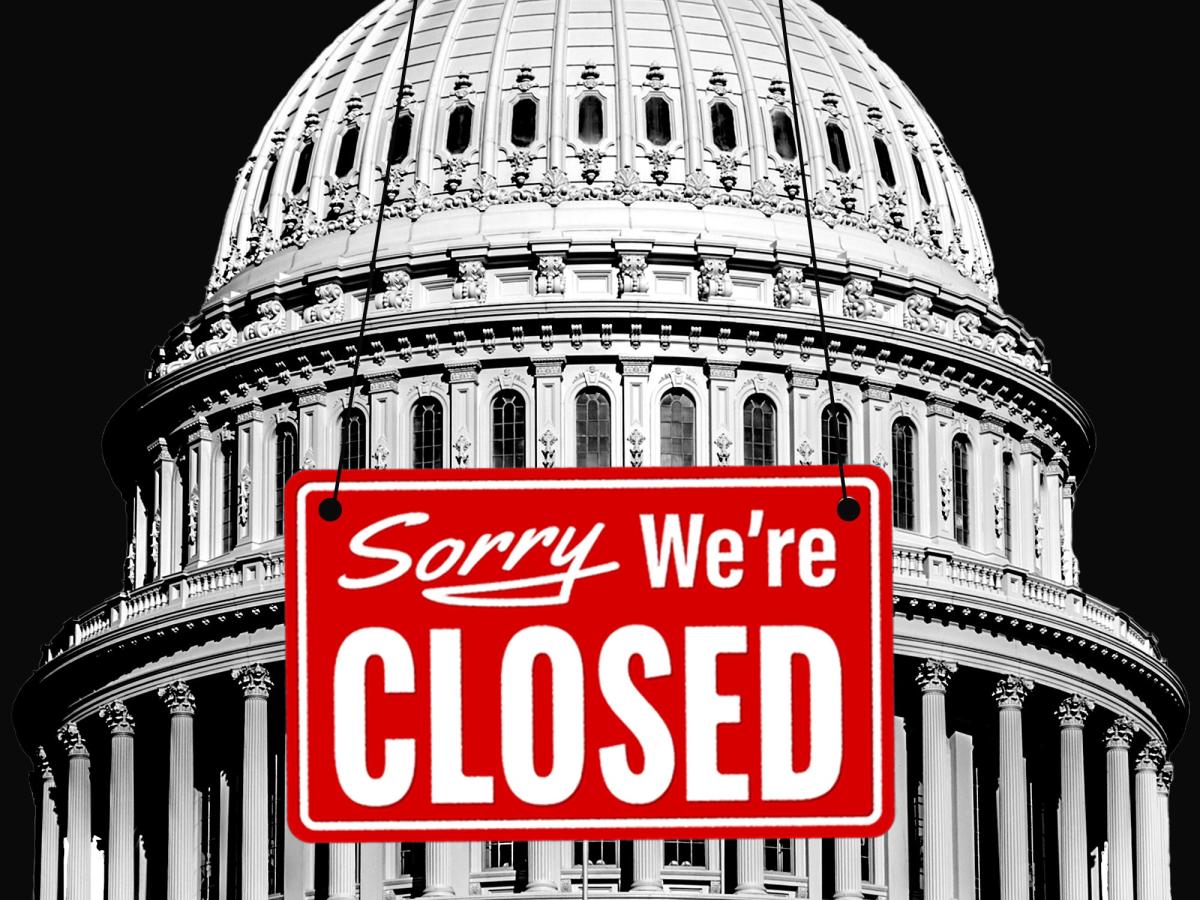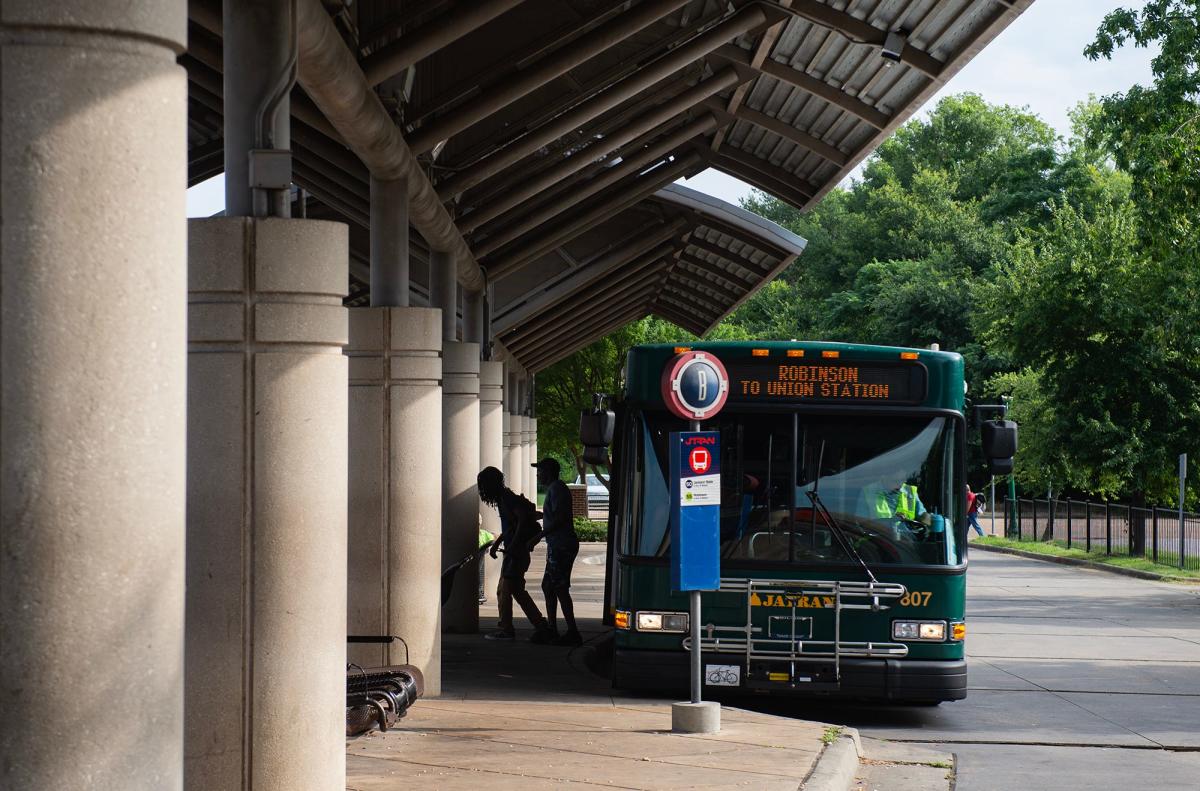-
Speaker Mike Johnson has withdrawn a government funding bill over party disagreements that risks a government shutdown.
-
If there is no extension, the government will close on October 1. This will have consequences for the federal government.
-
Trump urges Republicans to reject funding deals without election security measures.
The US government may shut down again.
Speaker Mike Johnson pulled a temporary government funding bill from the House floor on Wednesday, hours before a scheduled vote, amid disagreements within his own party.
“No vote today because we’re in the process of building consensus here in Congress. With small majorities, that’s what you do,” Johnson told reporters outside the House chamber, according to The Associated Press. “We’re having thoughtful conversations, family conversations within the Republican conference, and I believe we’ll get there.”
Johnson’s bill is tied to the SAVE Act, a law that would require all Americans to provide proof of citizenship in order to vote, complicating the nationwide voter registration process ahead of a key election. The size is universally against by Democrats and some Republicans.
The government will shut down on Oct. 1 if an extension of funding is not approved. While that gives Congress more than two weeks to pass a bill, lawmakers are eager to get out of Washington so they can campaign again before Election Day.
Given their razor-thin majority, Republicans can only afford to lose four votes if all lawmakers show up and Democrats remain united in opposition. Senate Majority Leader Chuck Schumer has criticized Johnson’s budget bill and his insistence on attaching it to the controversial proposal.
Former President Donald Trump encouraged Republicans to reject any deal unless the funding bill included voter safety guarantees.
The budget bill includes appropriations for key federal operations, including Veterans Affairs benefits, parts of the farm bill, health care programs and more.
The looming shutdown comes as the presidential campaigns between Trump and Democratic nominee Kamala Harris are in full swing. There have been shutdowns in election years before, but the country’s politics have not been nearly as divided as they are now.
A government shutdown could leave thousands of government workers without their paychecks.
Below is a look at what will happen, what’s at stake, and why this time might be different.
What happens when the government is closed?
When the government shuts down, federal agencies classify their employees as either “essential” or “non-essential.” All “non-essential” employees are furloughed until the government reopens, meaning they can’t work or get paid.
The government employee umbrella includes millions of people from various agencies, including the Department of Homeland Security and National Parks. Not only would widespread staff shortages be disruptive to consumers, but many of those workers would struggle to make ends meet without income.
Americans could see disruptions. Airports could be short-staffed as TSA agents lose their pay, natural disasters and disaster relief programs could be delayed, and some social safety net programs like SNAP could be curtailed. Student loan forgiveness and financial aid programs could also be cut, along with all federal small business loans.
Previous government shutdowns have lasted anywhere from three hours to five weeks, but the length depends on Congressional action. The only way to reopen the government is for lawmakers to pass a budget bill.
Has this happened before?
Congress narrowly averted a shutdown last year after Republicans failed to agree on a temporary funding resolution. Then-House Speaker Kevin McCarthy was later removed from office over his handling of negotiations with President Joe Biden.
The longest government shutdown in U.S. history occurred between December 2018 and January 2019. The shutdown lasted 35 days, leaving 800,000 federal workers without pay and costing the federal government billions of dollars.
Trump is advocating a shutdown and calling on his fellow Republicans to pass a government spending bill only if it includes promises on election security.
“If Republicans in the House and Senate cannot get absolute assurances about the security of the election, THEY SHOULD NOT PROCEED WITH A CONTINUING BUDGET RESOLUTION UNDER ANY WAY,” Trump posted on his social network, Truth Social.
What impact could this have on the elections?
Neither side sees the benefit of a government shutdown. Millions of government workers’ paychecks would be at stake. In fact, if a shutdown were prolonged, active-duty military members could lose their paychecks.
Polls show Republicans are often blamed for government shutdowns, as they want policies to be enacted before they agree to funding measures. Americans blamed the Republicans by 23 points over then-President Bill Clinton before a 21-day shutdown in 1995, according to The Washington Post. Clinton won the 1996 presidential election with a landslide 379 to 159 Electoral College victory.
Trump compounded the blame Republicans typically receive when he surprisingly… claimed credit for a closure in 2018.
Still, a shutdown this close to a major election hasn’t happened in decades, and it could affect campaign prospects for November.
Read the original article on Business Insider



